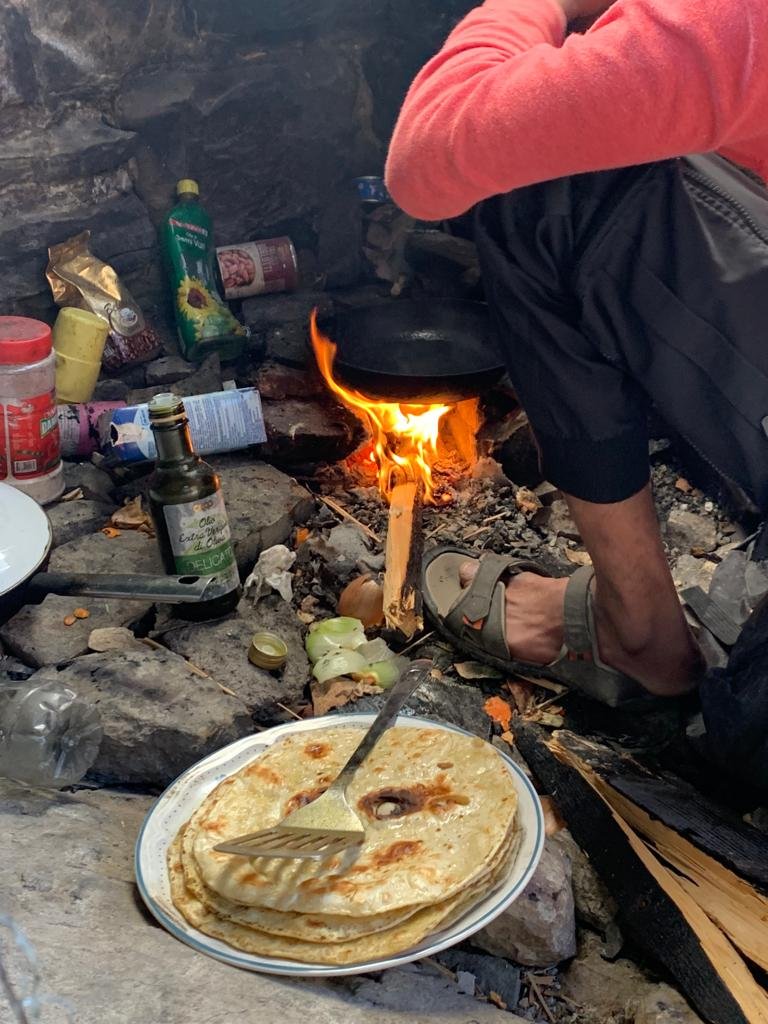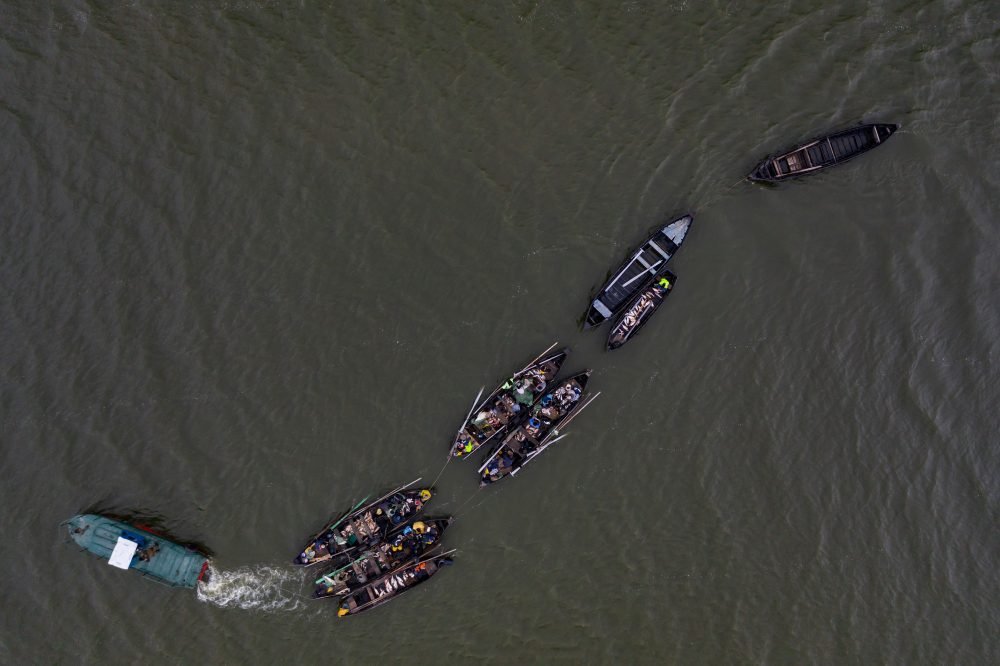European Dream
European Dream
Abid Hussain’s life unfolded against the backdrop of a brick kiln—a family business that provided just enough to keep the family afloat. Having studied formally for only a few years, any upward mobility in the formal sector seemed impossible, it’s a myth like many other things that we are fed as people.
Much like so many others who have heard about the prosperity in Europe, promises of having a better life, of making more money in a month than he does in a year in Pakistan reached him. The allure of earning six, seven, or even eight lakhs a month was captivating to Abid. Of course it was, backed by pictures from Europe and testimonies from relatives who had already made the journey. Pictures are deceiving, much like the words of those that give testimonials of how Europe is a land of opportunities, awaiting migrants with open arms. But this is not a critique of those that make the journey or those that advocate for it. But a critique of the illusion of choice that leaders, governments and nations have created. When the truth is that making the journey seems like the more plausible way of achieving upward social mobility than staying back in a country that has failed its vulnerable citizens.
It was in this vulnerable state that Arshad, a persuasive agent from Qadarabad, approached Abid and his friends at the brick kiln. Arshad painted a vivid picture of a promising future in Europe, Arshad spoke of factories, wealth, and opportunities that seemed like a panacea for Abid’s aspirations. Despite the reservations of his family, who warned him against leaving, Abid succumbed to the seduction of what could be in Europe, of the possibility of a better life for his wife and three children. The decision was made. He was going to Europe.



On the 6th of the 12th month, the journey began. From the heart of Pakistan to the bustling streets of Karachi to Dubai, and then to Egypt, and finally, the uncertain terrain of Libya. The journey, far from being a straightforward trip from one place to the next, involved intermittent stops and waits that lasted 24 hours at each destination.
In Libya, the European dream turned into a nightmare. The agent’s promises shattered against the reality of Tariq bin Ziyaad and his brutal militia, who operated as a mafia under the guise of being a military. Abid and his companions found themselves trapped in a relentless cycle of abuse, beatings, and extortion. The European dream had been replaced for him by captivity and uncertainty. Of questions of whether to return back home or keep venturing forth.
For 46 agonizing days, they endured the brutality of Tariq bin Ziyaad’s militia. The hopelessness of the situation was exacerbated by the fact that their families back home were oblivious to the whereabouts of these men. Had they got stuck somewhere? Where are they going next? Did they even reach? The agent who had promised them prosperity had disappeared from the scene, leaving them at the mercy of the military personnel.
The turning point arrived when a hefty sum was paid to their captors through the elusive agent. Yet, the semblance of freedom was short-lived as they found themselves once again ensnared, this time in the treacherous waters of the Mediterranean. A perilous journey on a crowded ship riding on turbulent waves, brought them to the shores of Italy after seven harrowing days.
Italy, however, was not the promised land of abundance. Abid, arrested by the police, found himself confined to a camp, his dreams of prosperity slipping further away. Health deteriorating, he sought refuge with relatives in Spain, only to face rejection and the harsh reality of living on the streets.
A chance encounter with fellow countrymen in Spain provided Abid with a meager source of income, working as a painter from dawn till dusk. The initial disdain for Barcelona has slowly turned into quiet acceptance. “I made a big mistake, a very big mistake,” he says. He says “mistake” with a resounding clarity.
His routine has become a monotonous cycle of work, meager meals, and yearning for his family back home.
